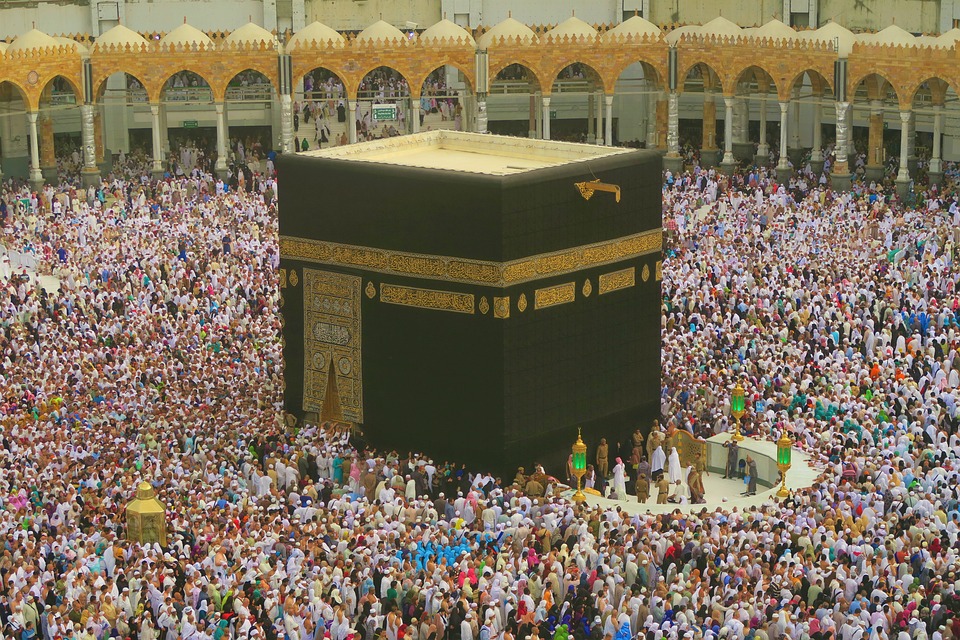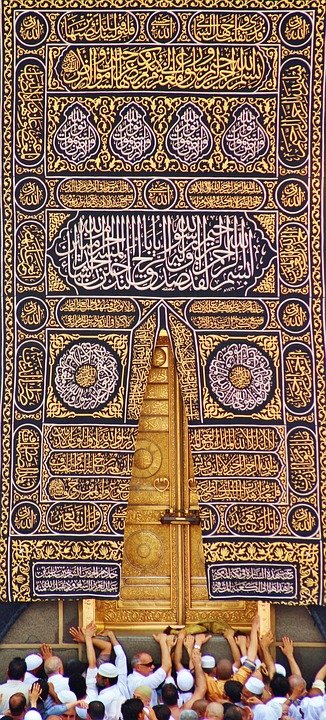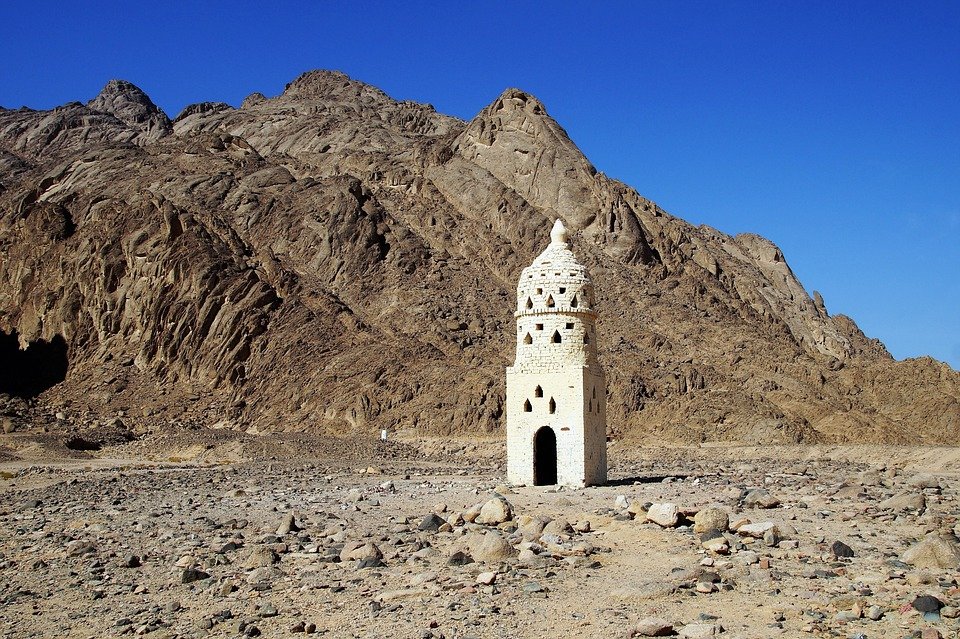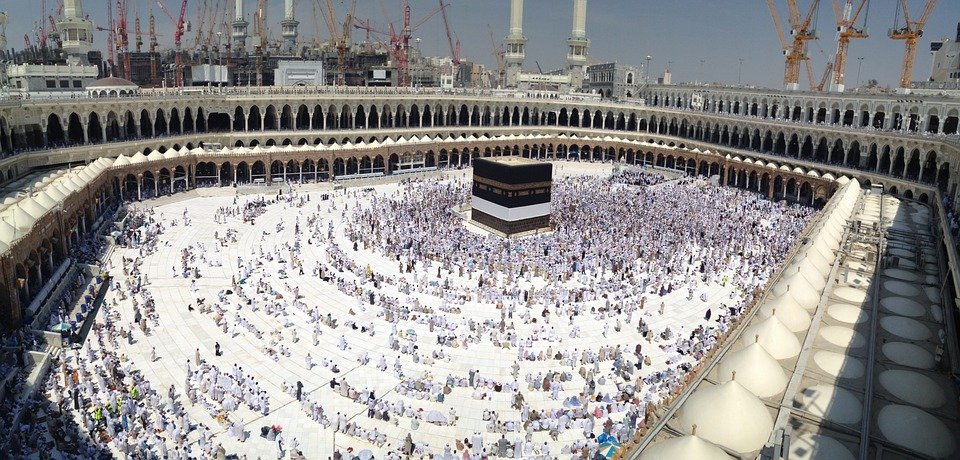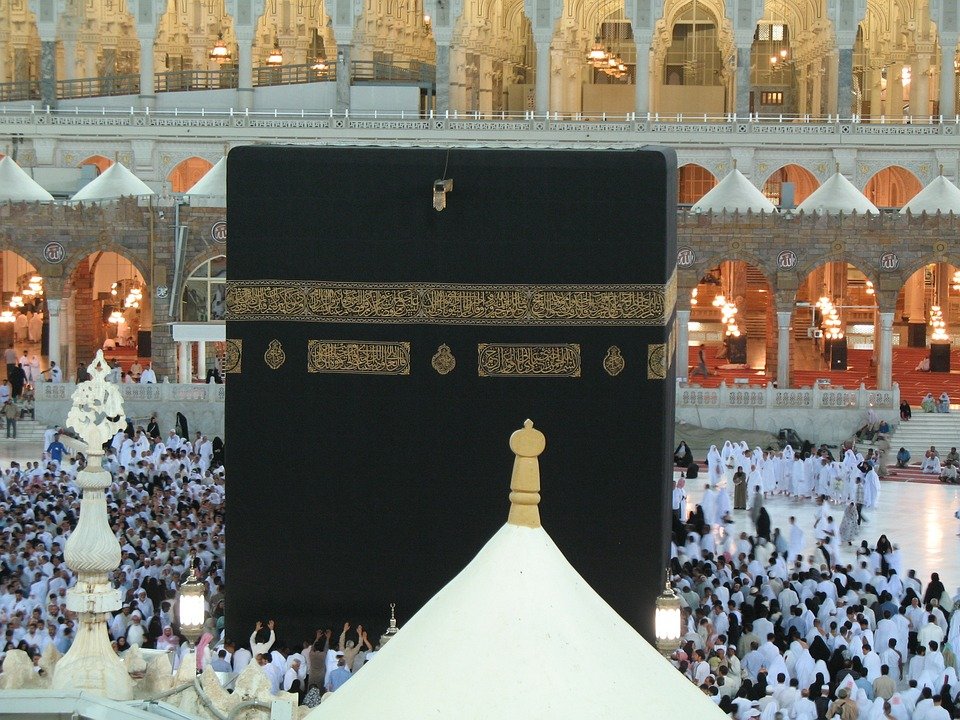In this article, we will explore “when was the Hajj last year,” a subject that holds significant importance in the Islamic calendar. The Hajj is a sacred pilgrimage that draws millions of Muslims from around the globe, and understanding its timing from the previous year can provide valuable context for those looking ahead. I promise that you will find a comprehensive guide in this article, detailing the specific dates and insights surrounding last year’s observance of Hajj.
Reflecting on the importance of knowing “when was the Hajj last year,” I believe it enables us to appreciate the rhythm of our religious practices. It also helps individuals plan future pilgrimages with greater accuracy. We at Airlinkhajjandumrah.com bring nine years of experience in the Umrah and Makkah, Madinah travel field, offering expertise on this particular subject. Our goal is to provide you with insightful information about key dates and significant insights regarding the Hajj, ensuring that you are well-informed for your next pilgrimage.
When Was the Hajj Last Year? Key Dates and Insights Explained
Hajj stands as one of the most significant acts of worship for millions of Muslims worldwide. Every year, the pilgrimage draws devotees from diverse backgrounds. Understanding when Hajj occurs not only helps pilgrims plan their trips but also enriches their spiritual experience. In this article, we explore last year’s hajj dates and provide valuable insights into this transformative event.
The Dates of Hajj Last Year
Last year, Hajj fell between July 7 and July 12, 2022. These dates aligned with the 8th to the 12th of Dhu al-Hijjah, the final month of the Islamic lunar calendar. Pilgrims from around the globe gathered in the holy cities of Makkah and Madinah. As the faithful converged upon the sacred sites, they experienced a profound sense of unity and purpose.
Participating in Hajj requires careful planning. Many pilgrims set off weeks in advance to ensure they reach Makkah on time. The core rituals of Hajj unfold over several days, making attendance during these specific dates crucial for all. Whether you are a seasoned pilgrim or new to this experience, marking your calendar with these dates is vital for a fulfilling journey.
The Importance of Dhu al-Hijjah
Dhu al-Hijjah serves as a sacred month of reflection and worship in the Islamic calendar. It holds tremendous significance, setting the stage for one of the pillars of Islam: Hajj. In this month, Muslims engage in acts of devotion including fasting, prayer, and charity. These practices create an environment ripe for spiritual growth.
The first ten days of Dhu al-Hijjah are particularly noteworthy. Many scholars emphasize that these days are among the most virtuous. During this time, engaging in good deeds becomes especially rewarding. As pilgrims prepare for Hajj, they often enhance their devotion, increasing their prayers and charitable acts, making the entire month a transformative experience.
Understanding Hajj Rituals
Hajj encompasses a series of rituals that pilgrims perform with great reverence. From the moment they arrive in Makkah, they enter a state of Ihram, signifying purity and devotion. This phase marks the beginning of their spiritual expedition. Each ritual, from the Tawaf around the Kaaba to the standing at Arafat, holds unique significance.
The climax of Hajj occurs on the day of Arafah, where pilgrims gather to pray and seek forgiveness. This day exemplifies the essence of Hajj — humility, supplication, and devotion. Following the rituals, the joyous celebration of Eid al-Adha unfolds, signifying completion and gratitude. Each step of Hajj blends deep spirituality with a sense of community, fostering bonds among pilgrims.
The Global Impact of Hajj
Hajj affects not only the participating individuals but also has a far-reaching impact globally. Countries send millions of pilgrims annually, contributing to local economies and fostering cultural exchanges. The pilgrimage encourages dialogue and understanding among various cultures.
Moreover, Hajj opens doors for charitable initiatives. Many organizations spring into action to support pilgrims, providing essentials like food, water, and shelter. This collective effort symbolizes unity, reflecting the true essence of the Islamic faith. The shared experience of Hajj fosters goodwill, reinforcing the bonds between Muslims worldwide.
Preparing for the Next Hajj
Looking ahead, preparation for Hajj involves logistical and spiritual considerations. Timing is essential, as pilgrims need to reserve accommodations and transportation well in advance. Understanding the anticipated dates for Hajj helps immensely in planning.
Spiritual preparation also holds importance. Reflecting on your intentions, engaging in prayer, and reading about the rituals can enhance your experience. It’s a time to think about the deep meaning behind each act and to aim for a personal connection with the divine. Ultimately, preparation lays the groundwork for a rewarding pilgrimage.
Connecting with Tour Operators
While organizing your Hajj experience, partnering with reputable tour operators simplifies the process. Established companies offer packages that cater to pilgrims’ needs, covering travel, accommodations, and guides. With years of experience, these operators enhance the pilgrimage experience, ensuring smooth transitions throughout the journey.
Choosing the right tour operator alleviates travel stress and allows for a more profound spiritual focus. Trustworthy services not only provide logistics but also support pilgrims in understanding the rituals. Engaging with knowledgeable operators enriches the entire experience, offering insights and reassurance.
The Spiritual Significance of Hajj
The Hajj pilgrimage is more than just a series of rituals; it represents a spiritual reset for millions. Engaging in Hajj allows individuals to reflect deeply on their faith. This pilgrimage serves as an opportunity for growth, renewal, and connection with others who share the same beliefs.
The experience of standing at Arafat or circling the Kaaba instills a sense of humility and purpose. It reinforces the importance of unity and compassion among Muslims worldwide. Each pilgrimage offers a chance to start anew, encouraging a life centered around spiritual mindfulness and community support.
In conclusion, reflecting on the dates and experiences surrounding Hajj enhances our understanding and appreciation of this vital pillar of Islam. As we look ahead to future pilgrimages, let’s carry the lessons learned and continue strengthening our faith and connections.
Mushu, an experienced Saudi Arabia traveler and writer, shares insightful tips and spiritual reflections to enhance Hajj and Umrah journeys for fellow pilgrims. He has been to Makkah and Madina from 2016 to 2023 many times and his posts will reflect this.


